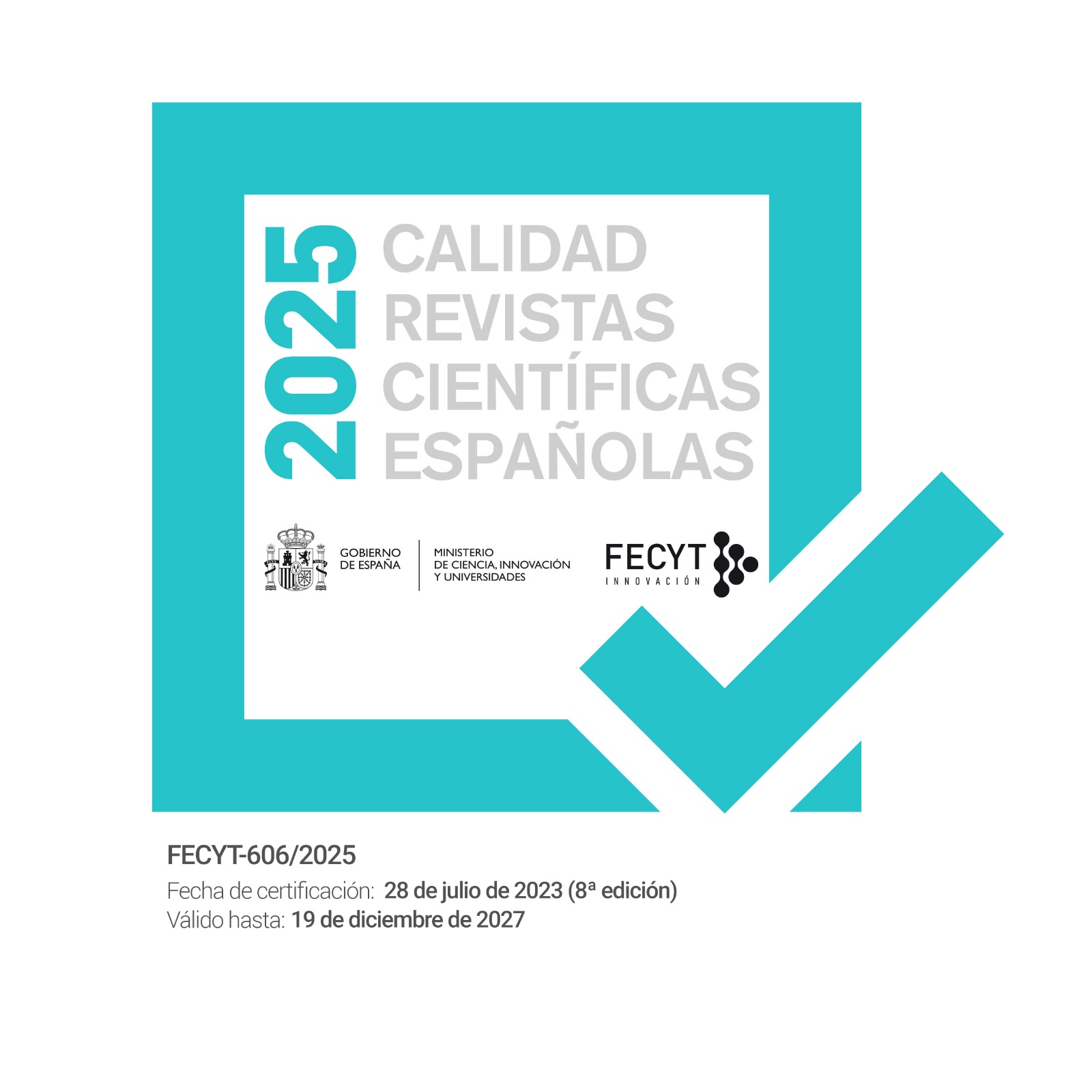

About the Journal
In 1988, upon supporting the University of Murcia’s, Institute of European Common Law, Professor Antonio Pérez Martín, Professor of Legal History, founded, directed and edited GLOSSAE. Journal of European Legal History, alongside his secretary, José Perona.
The founding of the Institute and of the journal: GLOSSAE, was intimately related to the incorporation of Spain in the European Community on 1 January 1986. Coinciding with this event, Antonio Pérez Martín felt it necessary to pay more attention to the european dimension of legal history. Such intrigue gave rise to this new legal history journal, which had as its aim, the scientific study and awareness of european law in the framework of ius commune. This aim distinguished it from the majority of other spanish legal history journals, which had national aspects as their dominant focus.
The intention to promote and publish studies referring to European legal history was evident from the first issue of GLOSSAE. In its prologue, the journal definitively affirmed that european legal history was to be understood as, ‘the legal culture common to all european territories since the legal renaissance of the eleventh century (particularly in Bologna), which would later extend across Europe until the nineteenth century, where this legal culture was codified, constituting the base of the current laws in the different jurisdictions of Europe and Latin America.’
During the years 1988 to 1996, eight issues were published, which had a notable reception in the academic community, which allowed it to appear in the DICE, ISOC databases and in the Latindex system Directory, placing it among the best valued historical journals. in impact indices up to 1996.
After interrupting the publication of the journal for more than fifteen years ago, GLOSSAE begins its second run with the idea of further developing the primary characteristic of the first: its markedly international character, placing itself to attract the interest of spanish, european and anglo-american legal scholars. One cannot rule out the possibility of publishing articles that deal with the legal sources and institutions outside of the western legal tradition, as such, these areas will hold vital interest, bearing in mind the roles they played in Roman law and the legal science of ius commune. This was explicit in the change of journal’s subtitle (‘European Journal of Legal History’, changed from the original: ‘Journal of European Legal History’), serving to broaden the thematic and geographical scope of studies.
With this widening of the thematic and geographical scope, and whilst bearing in mind the importance and predominance that English has acquired in recent years, the articles are generally published – with certain exceptional cases – in Spanish or English.
The publication of GLOSSAE online will further contribute to the dissemination and internationalisation of the journal, so it will be easily used and consulted by legal historians all over the world.
In accordance with this global dissemination, it is fitting to emphasise the diversity of nationalities within the 'Editorial Board' and the International 'Advisory Board of this second run of GLOSSAE', in its re-emergence as ‘European Journal of the History of Law’, gaining interest not only in the spanish and european legal traditions (as it did during its first run) but also in anglo-american, alongside other non-Western legal traditions (Asian, Hindu, Muslim, etc.).
FORMAT
GLOSSAE It is a periodical scientific publication that is published in electronic format. It does not have a printed edition, although the published articles will be kept on paper.
PERIODICITY
GLOSSAE It has an annual periodicity, being published in 15 November.
LANGUAGE
GLOSSAE Its reference languages are Spanish and English. However, some articles may be published, exceptionally, in any other widely disseminated scientific language (German, French, Italian, Portuguese).
SECTIONS
GLOSSAE It's structured –following the existing one in its first stage– in three sections: 'STUDIES', 'BIBLIOGRAPHICAL REVIEWS' and 'INFORMATION'. In 'Studies' the articles of each number will be related to the corresponding abstracts. In 'Bibliographic reviews' there will appear brief notes on recently published monographic studies, although sometimes on not-so-recent works. In the 'Information' section, the holding of Congresses, Seminars, Conferences, or other activities related to the historical-legal discipline will be reported.
OPEN ACCESS POLICY
This journal provides free and immediate access to all its content under the principle of making research publicly available, which fosters greater global knowledge sharing. The publication has no cost for the authors.

